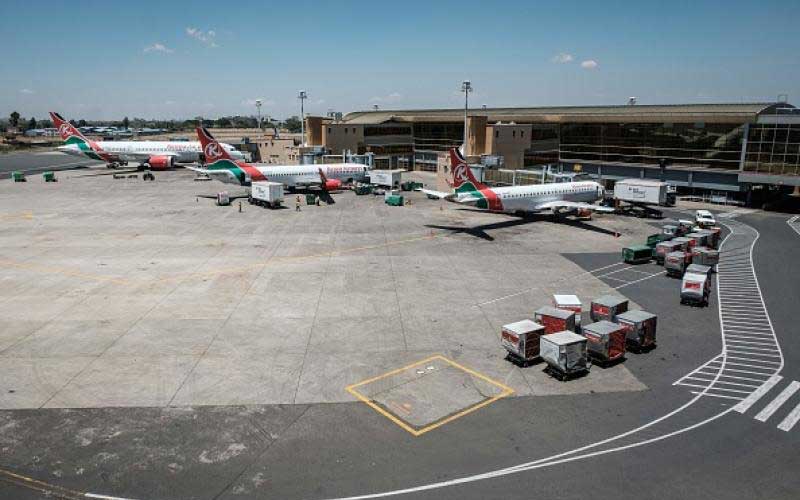×
The Standard e-Paper
Smart Minds Choose Us
 KQ aircrafts packed at JKIA during a past strike by the airline workers. [File, Standard]
KQ aircrafts packed at JKIA during a past strike by the airline workers. [File, Standard]
A long time ago, I was the CEO of Kenya Airways. I was the first African to become President of the worldwide airlines association Geneva-based IATA. I also served as President of the African Airlines Association and at one point acted as its secretary general.